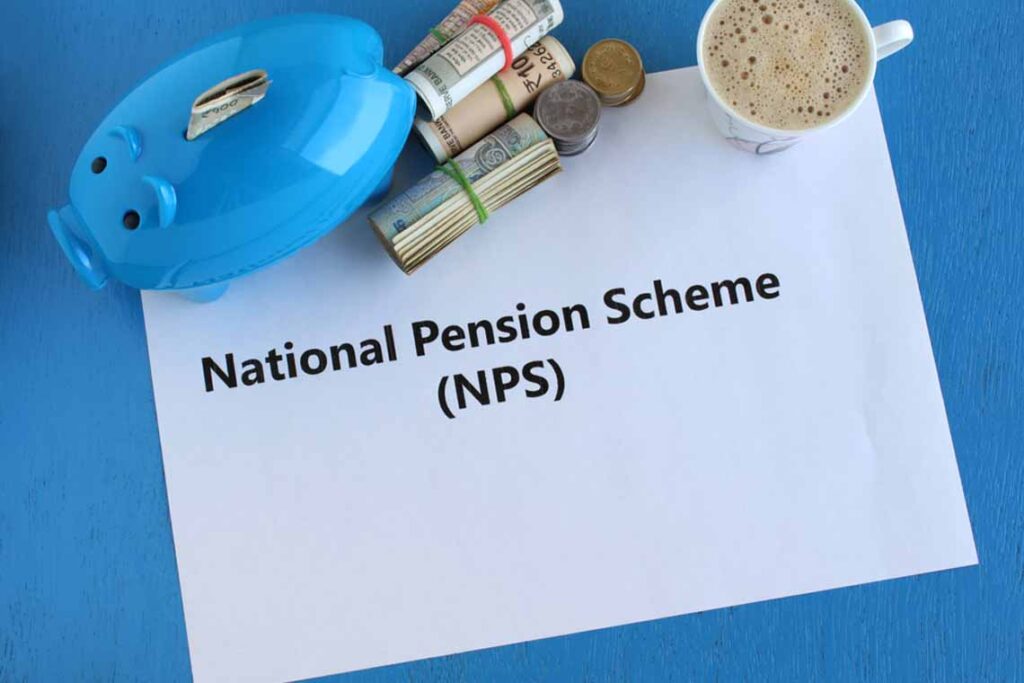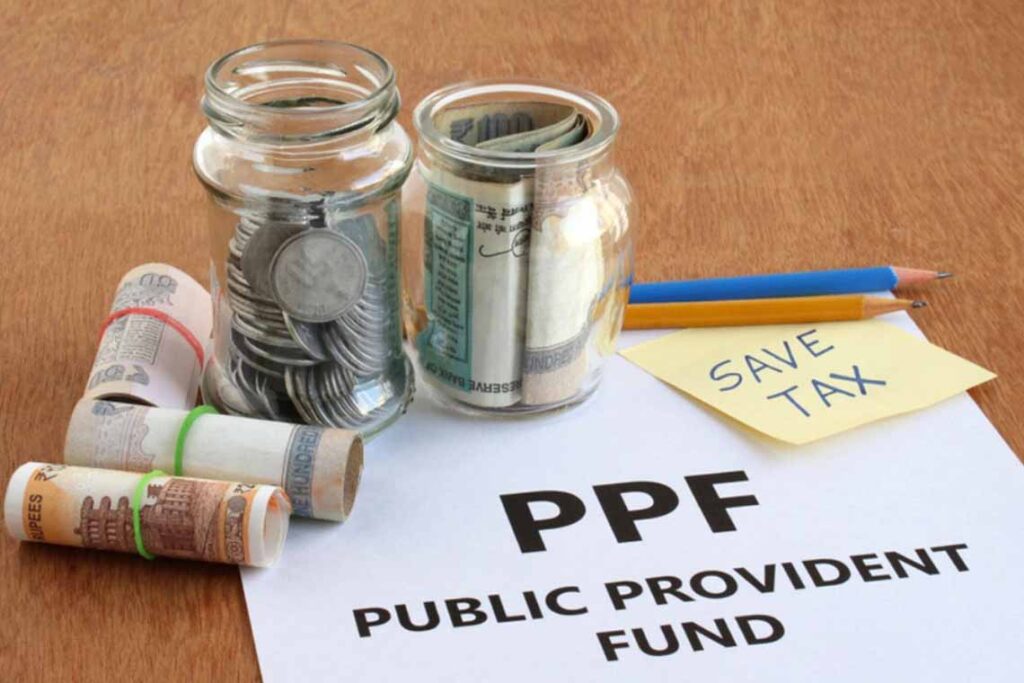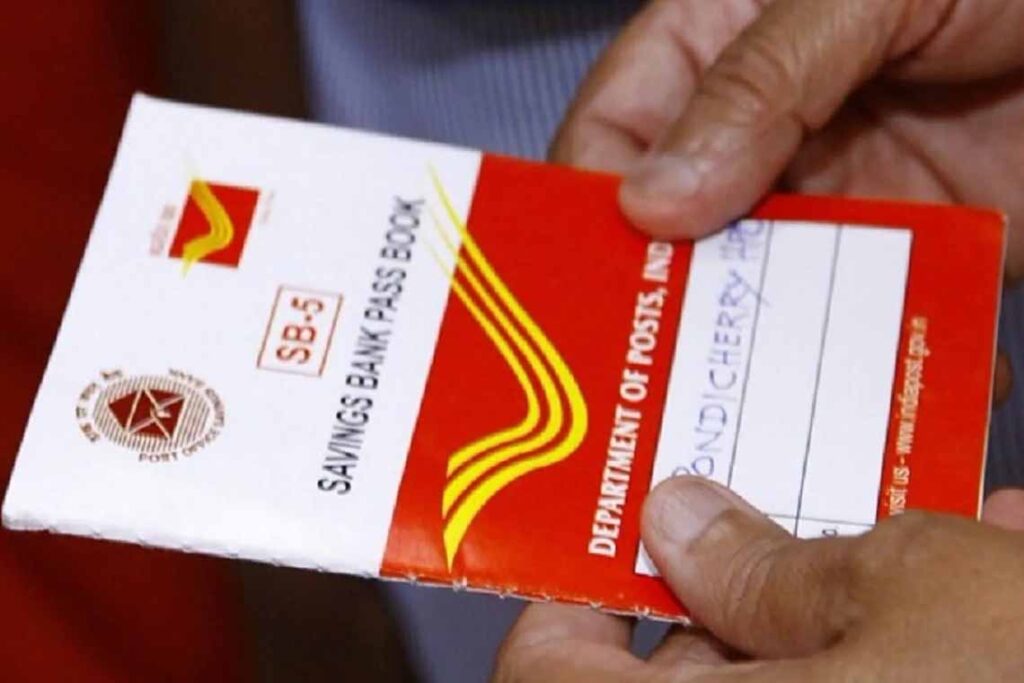Introduction
Section 54B of the Income Tax Act, 1961, provides an exemption on capital gains arising from the transfer/sale of agricultural land. This exemption is available to individuals and Hindu Undivided Families (HUFs) who sell a piece of agricultural land and invest the proceeds in another agricultural land.
Basic Conditions
To claim the benefit of section 54B, the following conditions should be satisfied:
- The benefit of section 54B is available only to an individual or a HUF.
- The asset transferred should be agricultural land. The land may be a long-term capital asset or short-term capital asset.
- The agricultural land should be used by the individual or his parents for agricultural purposes at least for a period of two years immediately preceding the date of transfer. In the case of HUF, the land should be used by any member of HUF.
- Within a period of two years from the date of transfer of old land, the taxpayer should acquire another agricultural land.
In the case of compulsory acquisition, the period of acquisition of new agricultural land will be determined from the date of receipt of compensation.
Now however the question that would arise is whether the date of Sale Agreement is to be considered for reckoning of period of 2 years or the date of registry.
The issue has recently been answered by Hon’ble ITAT Indore in case of Siddhulal-Patidar-Vs-ITO [2024] (ITAT-INDORE) wherein it was held as under-
“12.2 We have considered rival submissions of both sides and also analysed the judicial decisions cited before us. The controversy here is very short i.e. whether the investment made by assessee after execution of sale-agreement but before registration of sale-deed, from the moneys received under saleagreement, is eligible for exemption or not? On a careful consideration, we find that the issue is settled in favour of assessee by the decisions quoted by Ld. AR as mentioned in foregoing paragraph. Therefore, we hardly need to delve this issue. We are inclined to carry the view taken in those judicial rulings and accordingly hold that the investment by assessee in the new land from sale-proceed of old land, even if made before registration of sale deed, is eligible for exemption. Accordingly, we direct the AO to allow exemption. This grievance of assessee is accepted.”
Exemption under Section 54B
Exemption under section 54B can be claimed in respect of capital gains arising on the transfer of capital assets, being agricultural land (may be long-term or short-term). This benefit is available only to an individual or a HUF. The land should be used for agricultural purposes at least for two years.
For instance, Mr. Komal purchased an agricultural land in June 2016. Since the date of purchase, the land was being used for agricultural purposes. The land was sold in July 2021 for Rs. 8,40,000. Capital gain arising on the sale of land amounted to Rs. 1,50,000. As all the conditions of section 54B were satisfied, Mr. Komal can claim the benefit of section 54B by purchasing another agricultural land within the time limit specified under section 54B.
Can new Agricultural Land be purchased in the name of-
The issue has again been dealt with by the Hon’ble ITAT Indore in case of Siddhulal-Patidar-Vs-ITO [2024] (ITAT-INDORE) wherein it is held as under-
“11. The first plank of litigation is such that the assessee purchased new land in the name of son which is not acceptable to authorities. In this regard, Ld. AR for assessee relied upon certain decisions where investment was made by assessee from his own funds but the new property is acquired/registered in the name of assessee’s son or wife and still the courts have allowed exemption. The decisions relied by Ld. AR are:
(a) PCIT Vs. Balmukund Meena ITA No. 188/2016 (MP High Court)
(b) CIT Vs. Kamal Wahal 351 ITR 4 (2013) (Delhi High Court) [2013] (DELHI)
(c) CIT Vs. V. Natarajan 154 Taxman 399 (Madras High Court) [2006 (MAD)
(d) Bhagwan Swaroop Pathak Vs. ITO, ITA No. 2754/Del/2019 [2020] (ITAT-DELHI)
(e) Mukkamala Srihari Rao Vs. ACIT 142 Taxman.com 479 (Ranchi), [2022] (ITAT-RANCHI)
Ld. AR submitted that the first decision in above list i.e. PCIT Vs. Balmukund Meena ITA No. 188/2016 is a decision of Hon’ble jurisdictional High Court of Madhya Pradesh in which it has been clearly held that the land purchased in the name of son is eligible for exemption u/s 54B. Ld. AR submitted that the decision is binding upon ITAT, Indore and involve identical facts as in present case, therefore it has to be applied. Ld. AR, however, went on submitting that there are other decisions also as mentioned at (b) to (e) in above list where the same proposition has been held. Ld. AR also submitted that even if there is any decision holding against assessee in the knowledge of department, the view favourable to assessee has to be taken as per landmark judgement of CIT Vs. Vegetable Products 88 ITR 192 (SC), [1973] 13 (IT) 025 (SC).
11.1 Ld. DR for revenue submitted that every person is independent in the eyes of law as well as Income-tax Act, 1961 and even wife or son of an individual is also independent. He submitted that the assessee has purchased new land in the name of son and not in his own name, therefore clearly not entitled for exemption. To support his contention, Ld. DR relied upon a decision in Bahadur Singh Vs. CIT(A) (2023) 154 Taxmann.com 456 (P&H), [2020] 178 (IT) 990 (P&H) in which the Hon’ble Punjab and Haryana High Court has rejected assessee’ claim of exemption u/s 54B on the basis of purchase of land in the name of wife. Ld. DR pointed out that the assessee’s SLP against the said decision has also been dismissed by Hon’ble Supreme Court vide order dated 29.08.2023 published in (2023) 154 Taxmann.com 457 (SC), [2023] 199 (IT) 430 (SC). Therefore, the issue is finally settled against assessee. Accordingly, Ld. DR prayed to uphold the lower-authorities’ order.
11.2 We have considered rival submissions of both sides. After a careful consideration, we find that there is no dispute between the parties qua the factual aspect that the investment in new land has been made by assessee from sale proceeds of the land sold. The dispute is only for the reason that the new land has been got registered in the name of son and not in the name of assessee himself. On a careful consideration, we find that the assessee’s case is directly covered by decision of Hon’ble Jurisdictional High Court of Madhya Pradesh in PCIT Vs. Balmukund Meena ITA No. 188/2016. Furthermore, there are few more decisions quoted by Ld. AR, mentioned in foregoing paragraph, which again decide the issue in favour of assessee.
Therefore, even if the decision of Hon’ble Punjab & Haryana High Court in Bahadur Singh (supra) referred by Ld. DR is against assessee, the assessee shall be entitled to the favourable view coming from all decisions as held in CIT Vs. Vegetable Products 88 ITR 192 (SC), [1973] 13 (IT) 025 (SC). Thus, in any case, the assessee can be said to be entitled for exemption u/s 54B even if the registration has been taken in the name of son. At this stage, we may also mention that the Hon’ble Supreme Court has dismissed the assessee’s SLP against the decision of Hon’ble Punjab & Haryana High Court by passing a one line summary order; therefore as per settled judicial view such dismissal cannot be treated as pronouncement of final law by the Hon’ble Supreme Court. The effect of dismissal in this manner can only have the effect that the decision of High Court remains intact and did not get disturbed.”
Conclusion
Section 54B provides relief to taxpayers from capital gains tax arising from the sale of agricultural land, provided they reinvest the sale proceeds in purchasing new agricultural land within a specific timeframe. This provision is aimed at providing relief to farmers who wish to shift their agricultural land for certain reasons.












